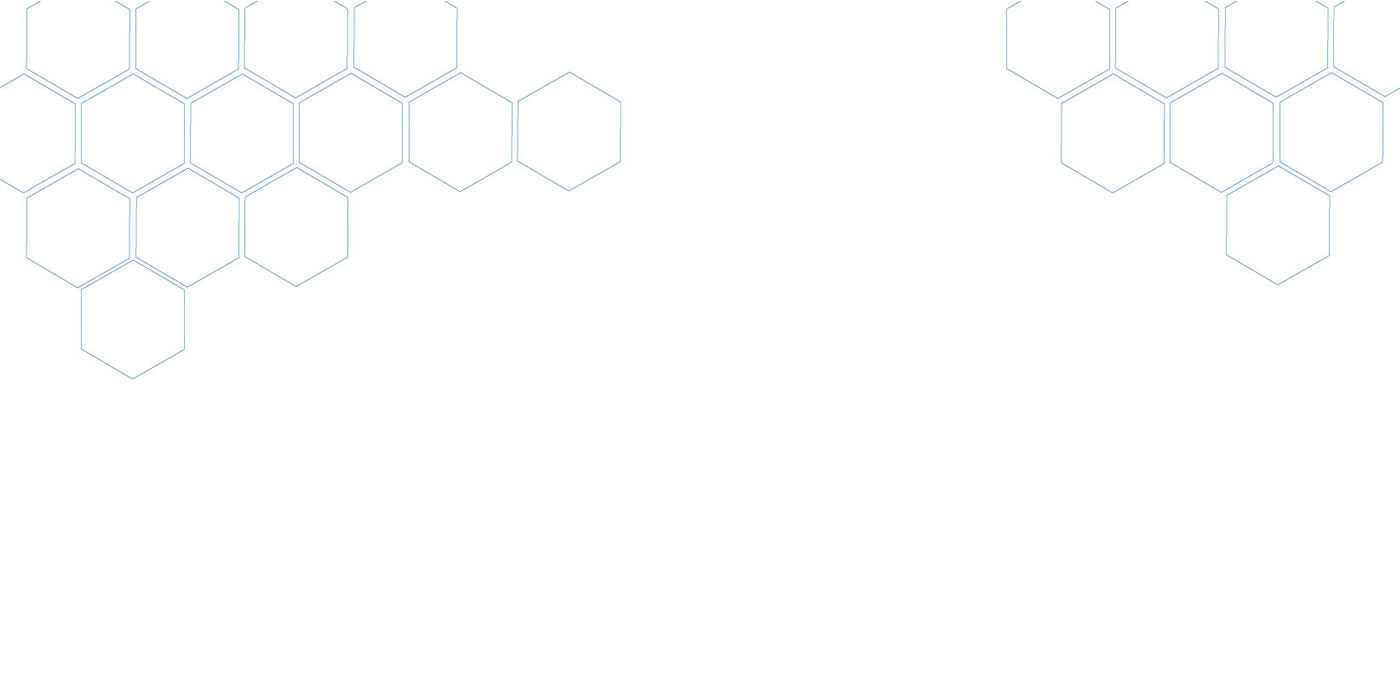Advances in psychology and neuroscience have opened the door to better understanding how young people learn. The Center’s research on cognition focuses on young people in STEM learning environments - both formal and informal - and how they construct and apply knowledge and engage in STEM practices.
Projects
Click the title of the project to view the description.
Core Practices: UPTAKE
Core Practices: UPTAKE
Research on teaching practice has recently gained attention as an effective lever for improving student engagement and achievement. Recent studies have shown that even more than years of teaching experience or degree held, the instructional practice that occurs in K-12 classrooms is the best predictor of student learning. Given the limited amount of time and resources available for preparing new teachers, identifying and helping novices take up a small set of effective, content-specific practices, has great potential for improving the education of students in our nation's schools.
This program of researching draws on the emerging work of core instructional practices. Fueled by work with the Core Practice Consortium (https://www.corepracticeconsortium.com/), this series of studies focuses specifically on how science teachers learn and engage core practices like facilitating sensemaking discussions and how students participate in these experiences.
Reading Nature
Reading Nature
Texts play a critical role in science research and science classrooms, yet most K-12 textbooks have failed to represent the epistemic elements of the science disciplines, including the justification of claims or references to empirical data. This line of research investigates students' reading experiences when engaging alternative text types that are more epistemologically considerate, that is, texts that better convey both what we know and how we know it to be true.
Using narratives of historical experiments, these brief narrative texts have been shown in initial randomized trials to result in more interest from students, equivalent comprehension of core biology ideas, and higher performance on transfer tasks when compared to traditional textbook accounts. Current research is focusing on how students engage these alternate text types in group discussions and the impact of their use over the course of an entire year.
As a result of these studies, we look to create a set of historical narratives that are more epistemologically considerate than traditional science texts that can be used, in alignment with the Next Generation Science Standards and the Common Core Literacy Standards for Science, in middle and high school science classrooms.
Publications
-
2018_School Science and Mathematics
Kloser, M., Wilsey, M., Immonen, A., Navotas, A., Twohy, K. (in review). “We do STEM”: Unsettled conceptions of STEM education in middle school STEM classrooms.
-
2018_NSTA Press
Kloser, M. and Troy, S. (2018). Reading nature: Engaging biology students with evidence from the living world. Arlington, VA: NSTA Press.
-
2016_Journal of Science Education
Kloser, M. (2016). Alternate text types and student outcomes: An experiment comparing traditional textbooks and more epistemologically considerate texts, International Journal of Science Education, 38(16), 2477-2499.
-
2016_Journal of Computers in Mathematics and Science Teaching
Trinter, C. (2016). The importance of theoretical frameworks and mathematical constructs in designing digital tools. Journal of Computers in Mathematics and Science Teaching, 35(3), 269-293.
-
2014_Environmental Education Research
Kloser, M. & Bofferding, L. (2014). Middle and high school students’ conceptions of climate change mitigation and adaptation strategies. Environmental Education Research.
-
2013_Mathematics Teacher Educator
Garofalo, J. & Trinter, C. (2013). Using simulations to foster pre-service mathematics teachers' self-assessment, learning, and reflections on teaching. Mathematics Teacher Educator, 1(2), 162-171.
-
2013_Journal of College Science Teaching
Kloser, M., Brownell, S., Fukami, T., Shavelson, R. (2013). Effects of a research-based ecology lab course: A study of non-volunteer achievement, self-confidence and perception of lab course purpose. Journal of College Science Teaching, 42(3), 72 – 81.
-
2013 _Journal of Research in Science Teaching
Kloser, M. (2013). Exploring high school biology students’ engagement with more and less epistemologically considerate texts. Journal of Research in Science Teaching, 50(10), 1232 – 1257.
Conferences
-
2017_AMTE_Orlando, FL
Trinter, C., & Sevim, V. (2017, February). Examining pre-service secondary mathematics teachers' static and emergent shape thinking when engaging with non-linear functions. Paper presented at the Association of Mathematics Teacher Educators Annual Conference, Orlando, FL.
-
2013_AMTE _Orlando, FL
Trinter, C., Kitchell, B. & Garofalo, J. (2013, January). Using simulations to foster pre-service mathematics teachers' self-assessment, learning, and reflections on teaching. Paper presented at the Association for Mathematics Teacher Educators Annual Meeting, Orlando, FL.


